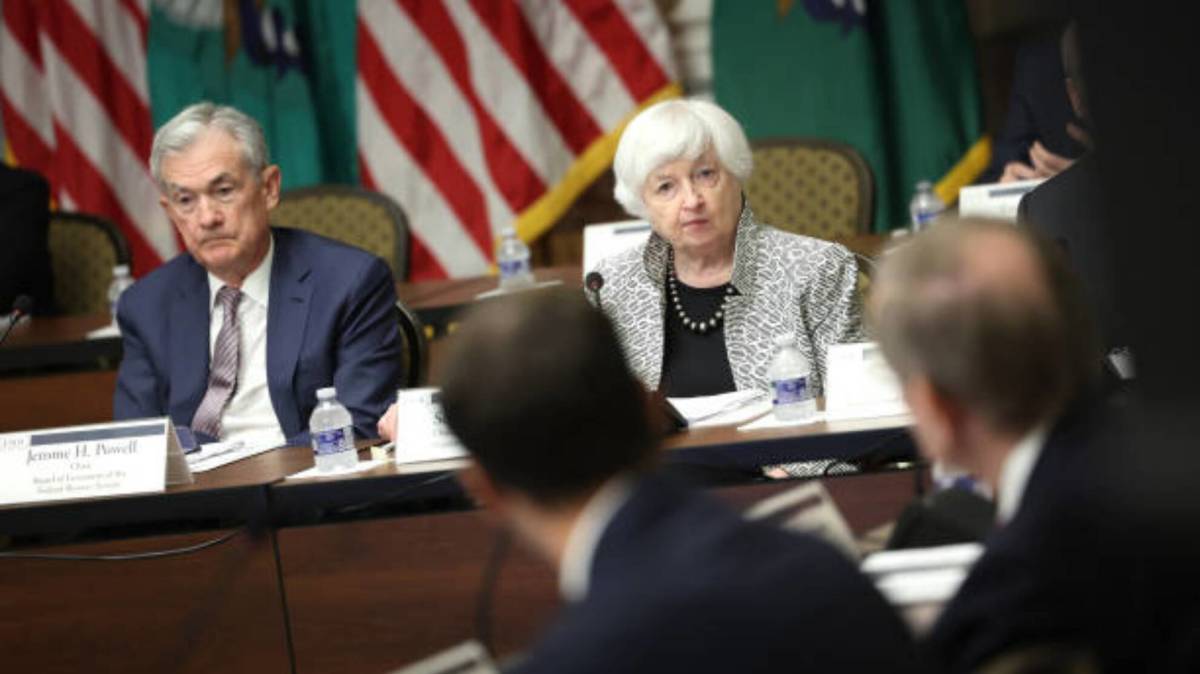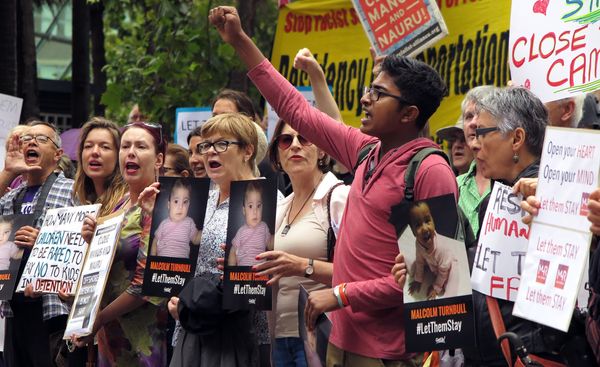
With signs of economic slowdown starting to arise, some experts predict the Federal Reserve will cut interest rates big time next year.
You can count economists/strategists at UBS in that camp. Lower Fed rates, of course, mean lower rates for your home, auto, credit-card, personal and student loans.
The economy grew a hefty 4.9% in the third quarter, but the unemployment rate ticked up to 3.9% in October from 3.4% in April.
“The economy proved much more resilient in 2023 than we expected,” the UBS experts wrote in a report. “However, many of the same headwinds and risks remain, and some of the supports for growth in 2023 subside in 2024.”
They expect unemployment to keep rising and inflation to keep falling next year. Consumer prices gained 3.7% in the 12 months through September, down from a peak of 9.1% in June 2022.
Rate reductions coming, UBS says
“We think that leads the Fed to reduce rates,” the experts said. “We expect growth, inflation and the federal funds rate in 2024 will end up below consensus expectations.” They still are concerned that “the economy is not out of the woods yet.”
Among the concerns:
- “credit and lending standards appear to be tightening,
- “we continue to see labor market income revised lower,” and,
- “spending looks elevated relative to income, pushed up by fiscal stimulus and remaining there due to excess savings,” the experts said.
But waning fiscal stimulus means less growth, they said. “Households’ excess savings and solid balance sheets look less solid with every passing month.”
The economy has outperformed this year “because many of these risks failed to materialize,” UBS said. “However, that does not mean they have been eliminated.”
The experts expect “substantially slower growth in 2024” with the Fed’s federal funds rate ending the year between 2.5% and 2.75%. That’s 2.75 percentage points below the current range of 5.25%-5.5%.
Opposing view on rates at Goldman Sachs
To be sure, not everyone sees a move that extreme. Goldman Sachs economists predict only one 25-basis-point, or 0.25-percentage-point, rate cut next year. They expect GDP growth to total 1.8%, “easily beating low consensus expectations.”
The differing views show just how hard it is to forecast the economy and Fed policy. So it’s wise to stick to a balanced approach in your personal finances.
As always, don’t take out any more debt than necessary, and pay off your debt with the highest interest rates first.
On the investment front, you generally want a balanced portfolio, including some fixed-income assets — unless you’re younger, in which case you can be a bit more aggressive with equities.







